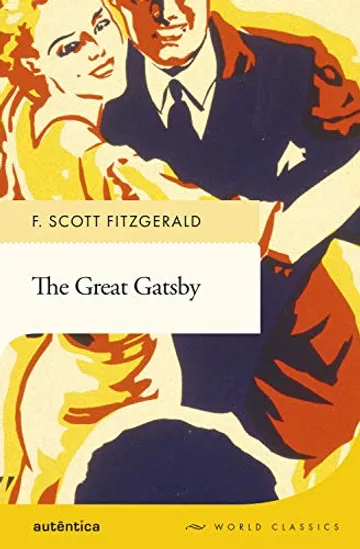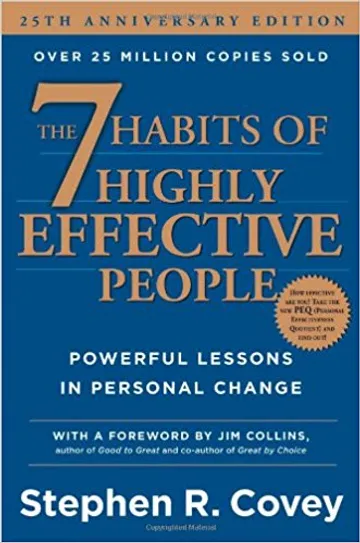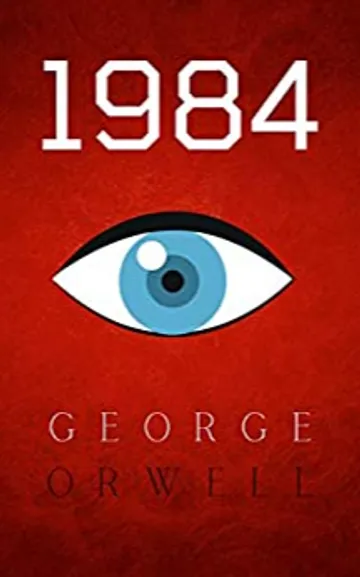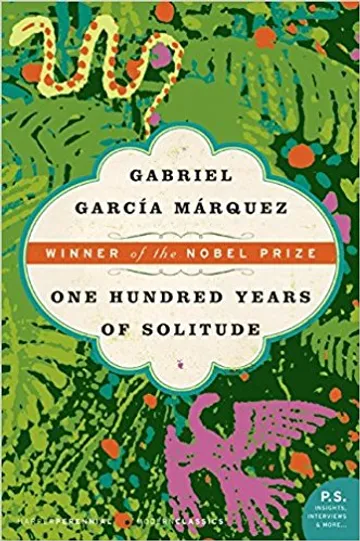Don't see an advisor you admire? Let's add him to the database! - Request
.jpg.webp)
Purple Hibiscus: A Novel

Chimamanda Ngozi Adichie
April 17, 2012
Categories:Fiction
Add missing Endorsement Rendors (2)
1
Nobel Laureate in Literature
1
TIME 100: Most Influential People


Subscribe to Blog and Updates:
Popular advisors

Walter Isaacson
Rendors given:
88

Marc Andreessen
Rendors given:
78

Steve Jobs
Rendors given:
16

Elon Musk
Rendors given:
28

Howard Schultz
Rendors given:
9
Popular books

The Great Gatsby
Rendors:
29

The 7 Habits of Highly Effective People
Rendors:
34

1984
Rendors:
20

One Hundred Years of Solitude
Rendors:
30

